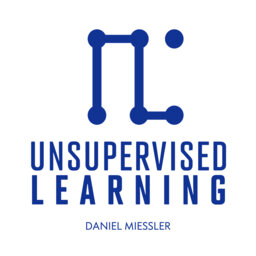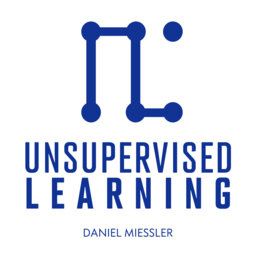An AI Debate with Marcus Hutchins
Marcus and I debate AIs capabilities from nearly polar opposite ends. He thinks it's basically autocomplete, and I think it's the most important tech we've ever built as humans.
It was a fantastic, and very civil conversation, so thanks to Marcus for that, and we're already planning on Part 2.
This two-hour discussion covers:
🧠 The real risks of AI vs. the imagined ones
🔐 How security researchers view AI's capabilities
🤖 The blurry line between useful and dangerous automation
⚖️ Bias, alignment, and who gets to control intelligence
📉 Whether AI might ultimately collapse under its own complexity
Marcus Hutchins is best known for stopping the WannaCry ransomware attack and brings a sharp, skeptical perspective to AI.
Marcus' Website: https://marcushutchins.com
Watch the interview on YouTube: https://youtu.be/I9-iD_rLRjA
Subscribe to the UL newsletter at:
https://danielmiessler.com/subscribe
Join the UL community at:
https://danielmiessler.com/upgrade
Follow on X:
https://x.com/danielmiessler
Follow on LinkedIn:
https://www.linkedin.com/in/danielmiessler
Follow Marcus on LinkedIn:
 Unsupervised Learning
Unsupervised Learning


